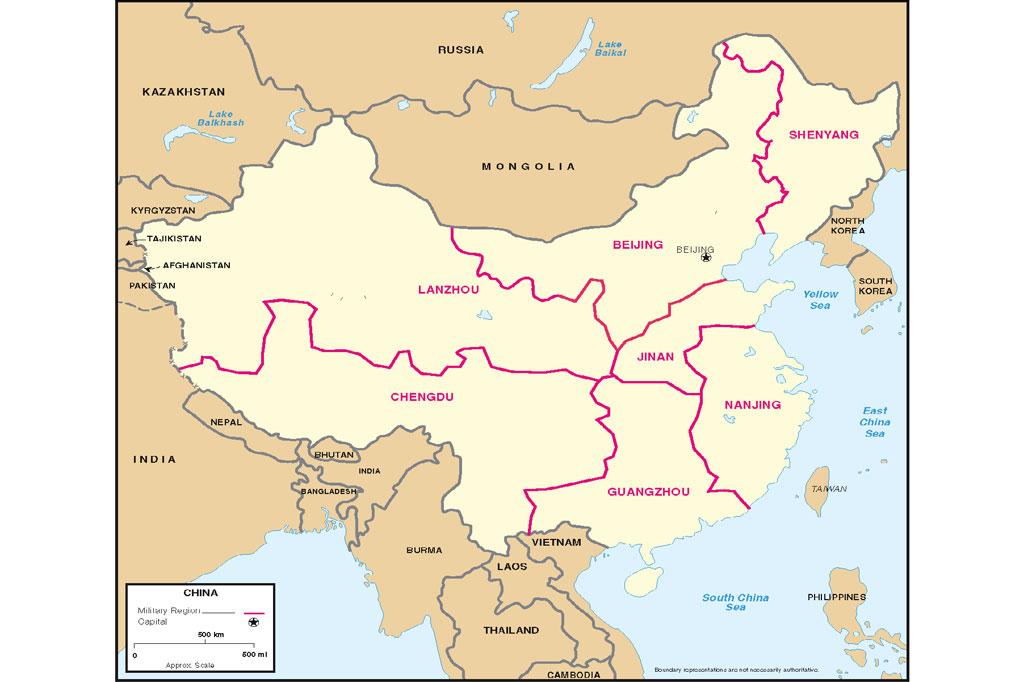Sixteen senior Chinese military officials in five of the seven military regions, in military academia, and in the powerful Central Military Commission (CMC), have been under investigation since the beginning of 2014, reported the state-run China Military Online on Jan. 15.
Six of the sixteen purged were accused of violating the Chinese Communist Party (CCP) discipline, while nine others were accused of the more serious charge of violating the law and committing a crime.
Violation of the law and violation of the Party discipline are often a byword for corruption in China. And corruption in the military is often tied to opportunities of getting promoted.
"Any military general who wishes to get promoted cannot just bribe one single person, because the Central Military Commission is headed by two people."




